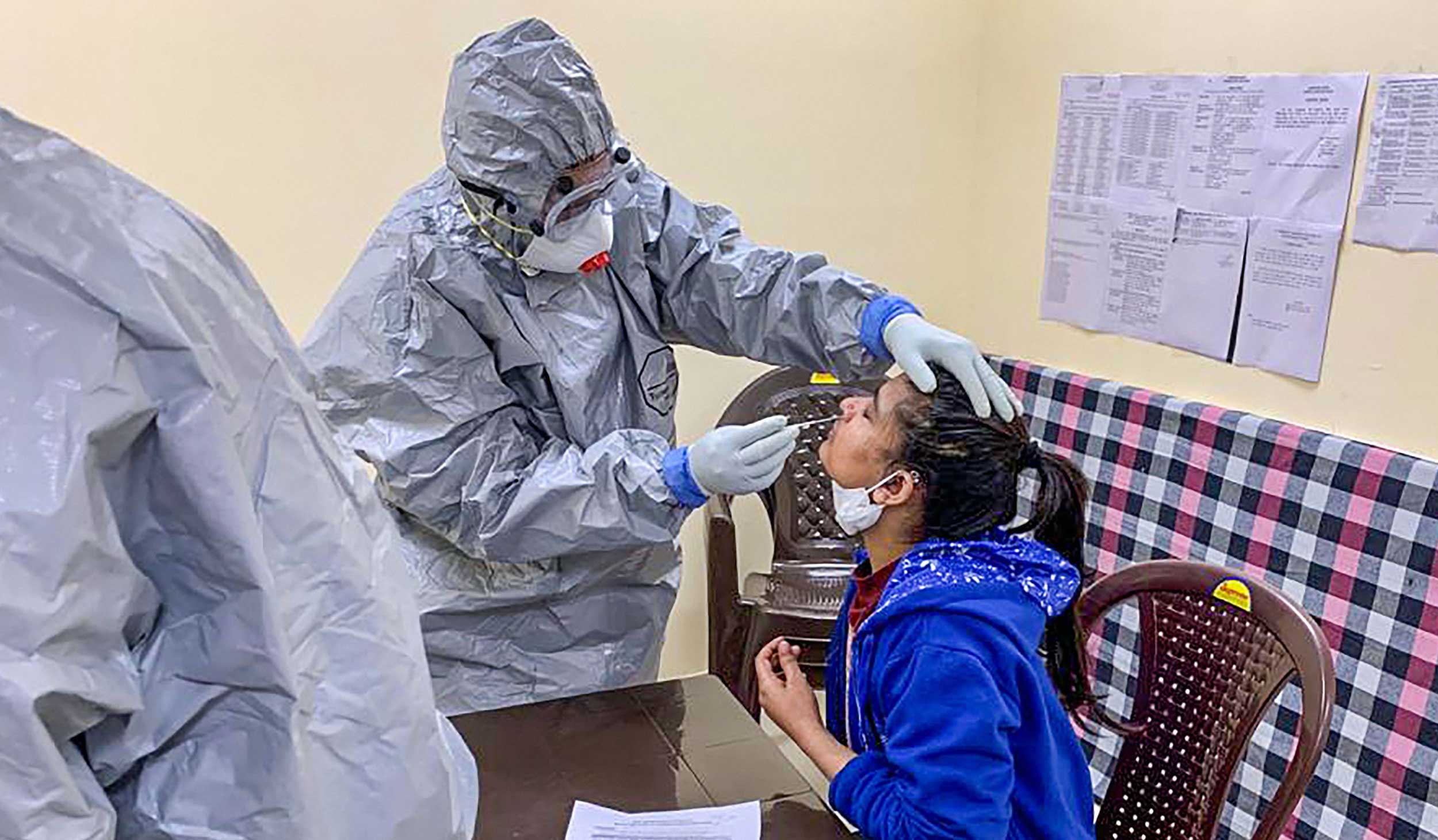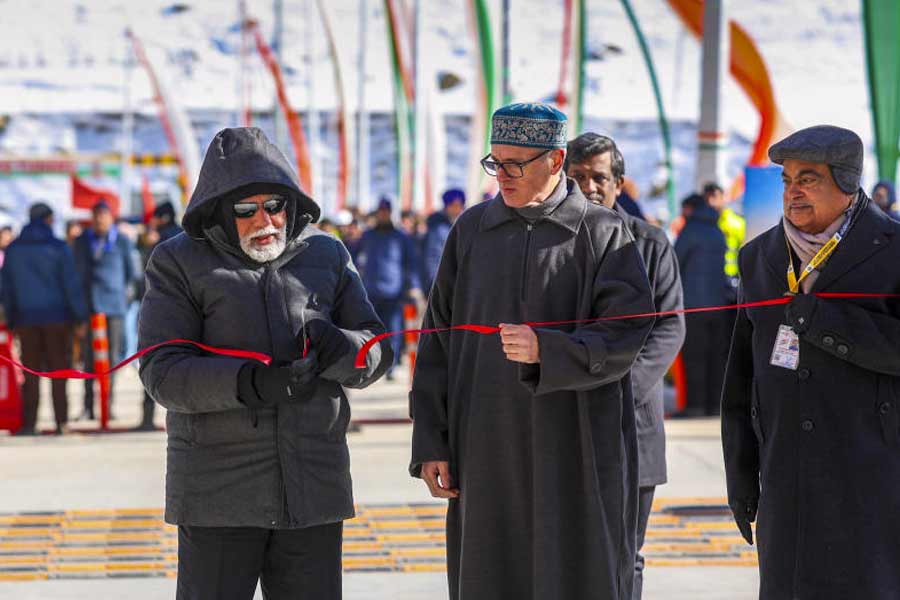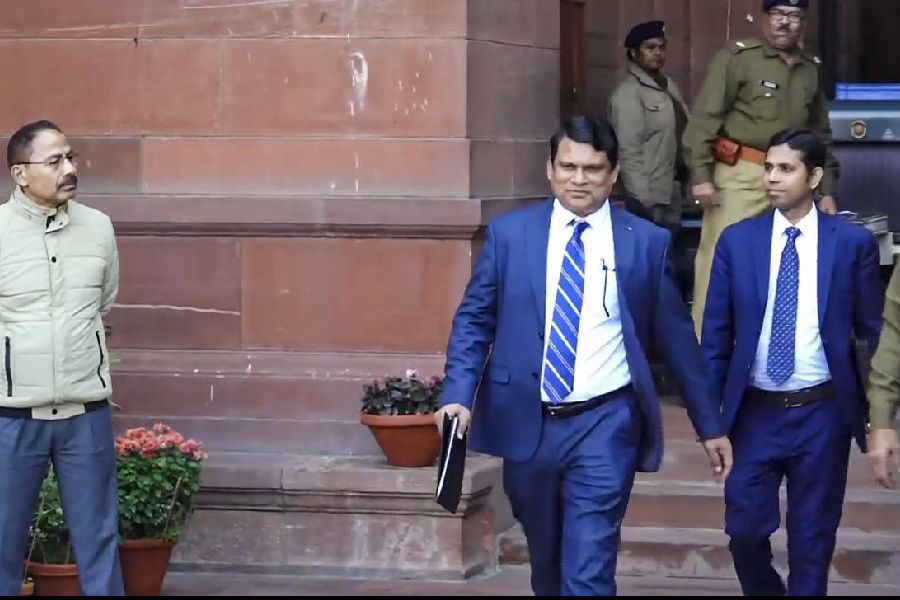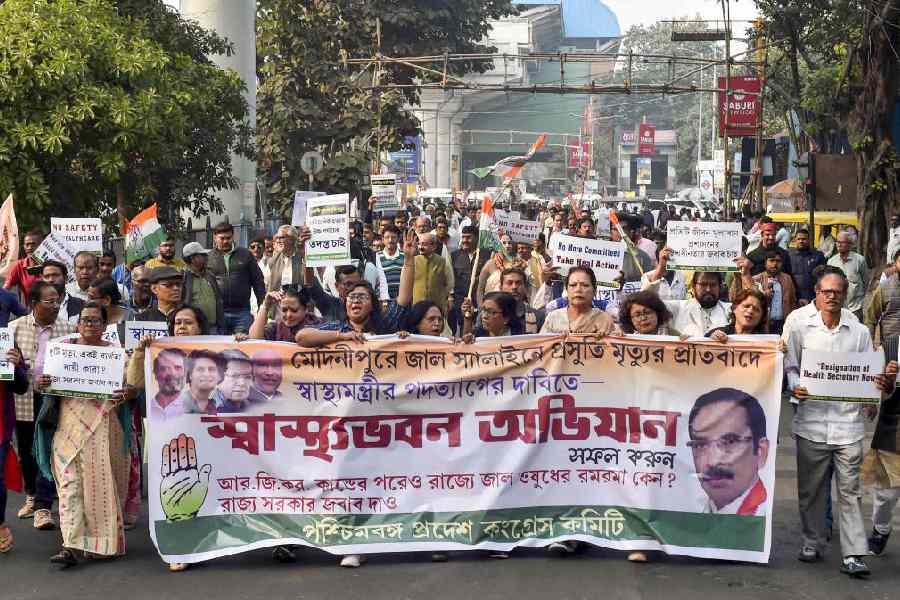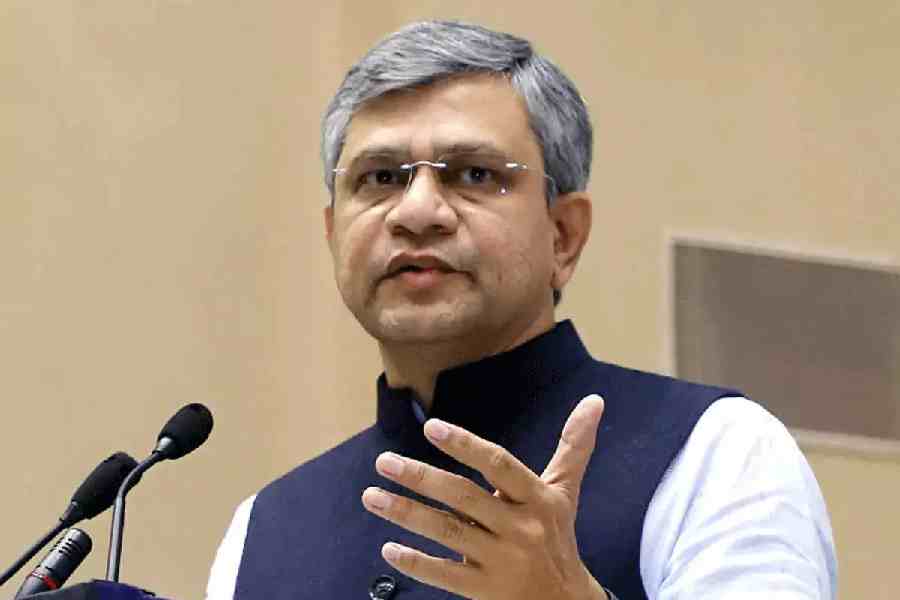India’s health research agency is set to look for the novel coronavirus in random patients with severe acute respiratory illness to determine whether it remains confined to travellers and their contacts or has stealthily slipped into the country.
The Indian Council of Medical Research plans to ask a nationwide network of laboratories to examine throat swab samples from patients with severe acute respiratory illness or influenza-like illness.
This “sentinel surveillance” initiative is intended to help health authorities and researchers estimate with confidence the prevalence rate of the coronavirus in the Indian population and track how it changes with time, Raman R. Gangakhedkar, the chief of the ICMR’s communicable diseases division, said.
All 60 people in India who have tested positive for the coronavirus up to Wednesday afternoon have a recent travel history from an affected country or have had close contact with such travellers.
These travel-linked cases have given rise to the presumption that there is no evidence of community-level transmission yet — that the prevalence rate in the community is still zero.
The first two confirmed cases were reported from Mumbai during the day.
Sections of virologists had cautioned last week that India’s strategy to look for the virus only in patients with a travel history and their contacts would not detect the virus if it slipped in unnoticed into the community.
The incubation period of up to 14 days, coupled with the possibility that patients with mild symptoms might spread the virus, creates windows of opportunity for the virus to slip into the country undetected.
The sentinel surveillance initiative is expected to help resolve such speculation by examining random samples of patients picked up by the ICMR’s influenza surveillance network of 30 labs, many in government medical colleges, in geographically representative sites across the country.
“We are currently working to finalise the protocols for the sentinel surveillance that will define the numbers of samples to be examined each week
and the geographic locations from where they will be taken,” said Manoj Murhekar, director of the ICMR’s National Institute of Epidemiology, Chennai.
Sections of scientists have hailed the ICMR’s decision to initiate sentinel surveillance. “This is exactly what should be done,” said Gagandeep Kang, director of the Translational Health Science and Technology Institute, Faridabad.
India’s coronavirus transmission classification changed last week from “imported cases only” to “local transmission”, after it emerged that infected travellers had passed on the virus to their contacts.
The sentinel surveillance is likely to add to the workload on the network’s labs, some of which are already engaged in screening suspect cases with travel history for the coronavirus.
Public health experts say it is important to determine whether local community transmission is taking place because that would likely influence India’s response to the outbreak. The country’s current focus is on containing any travel-linked virus from spreading to others.
The experts say community transmission would require India to adopt mitigation strategies as have – in different ways -- China, Italy, or the US where the virus has spread through communities.

